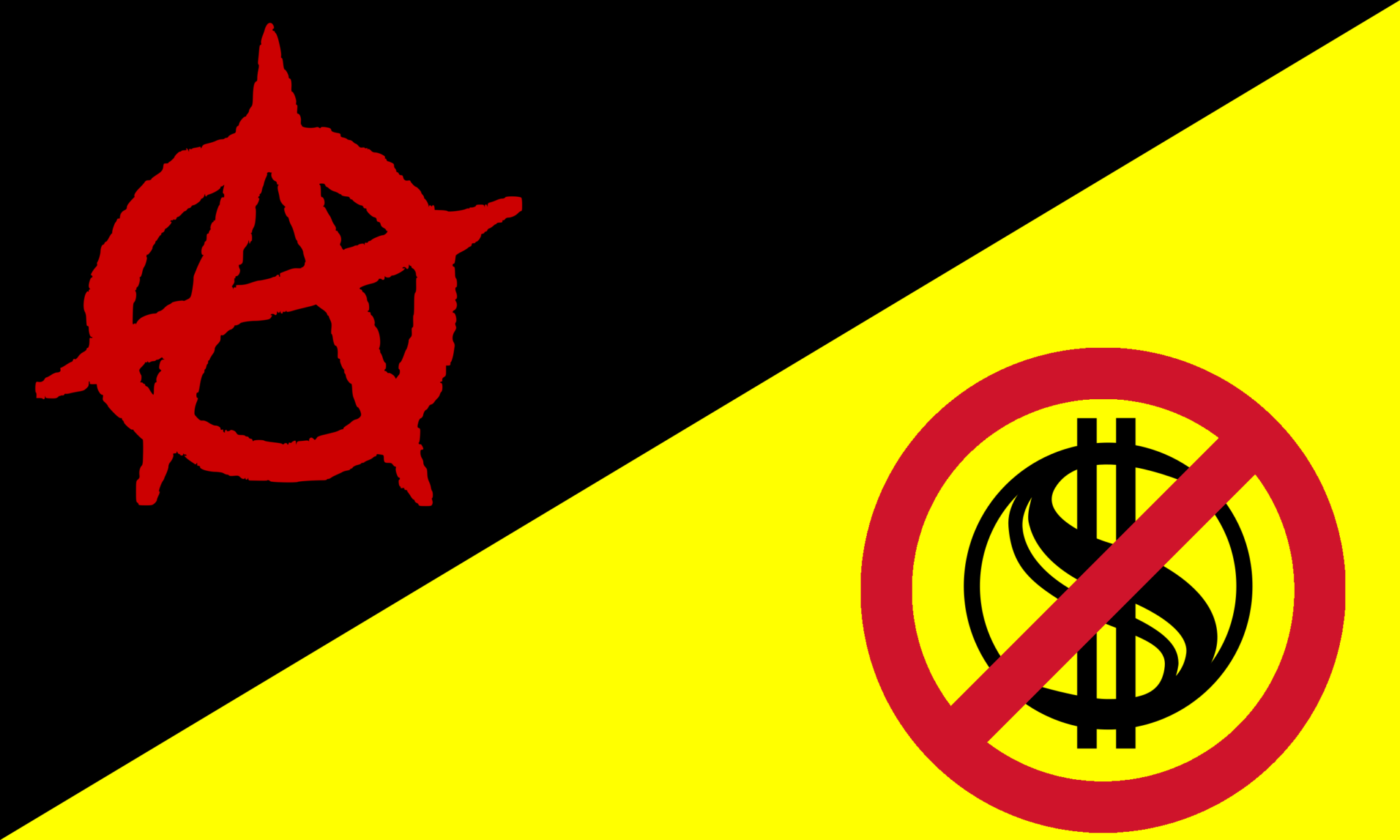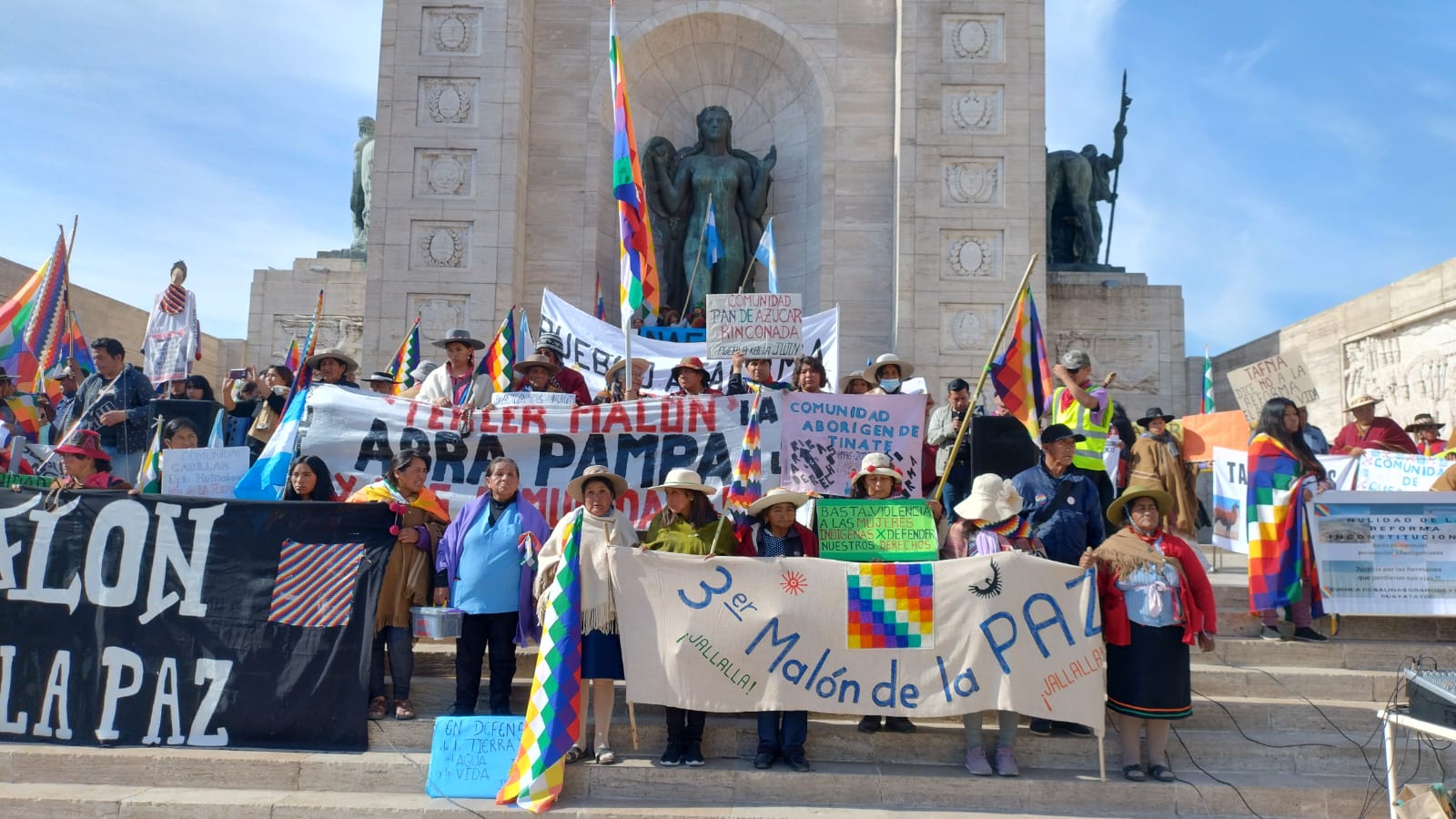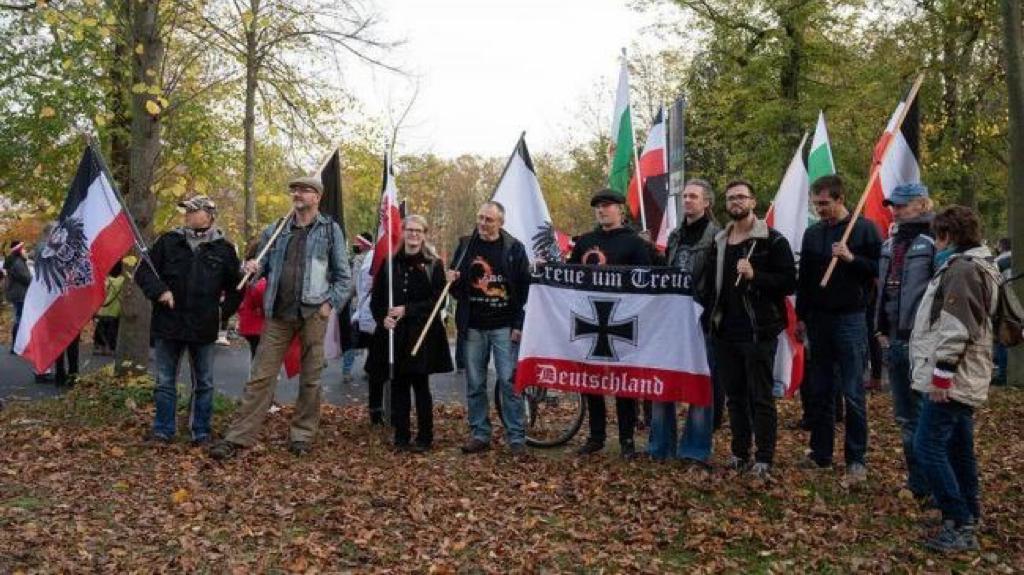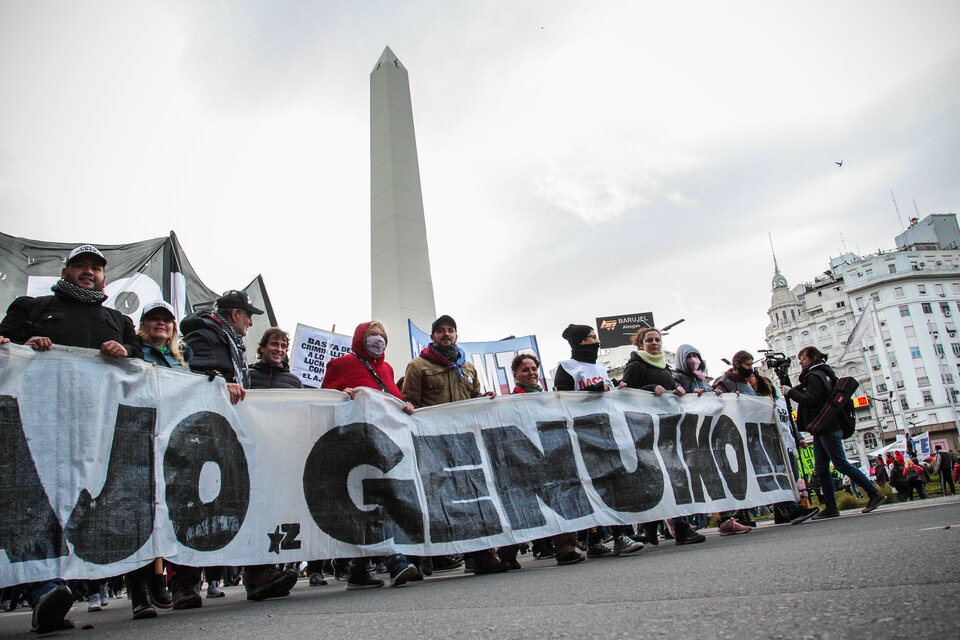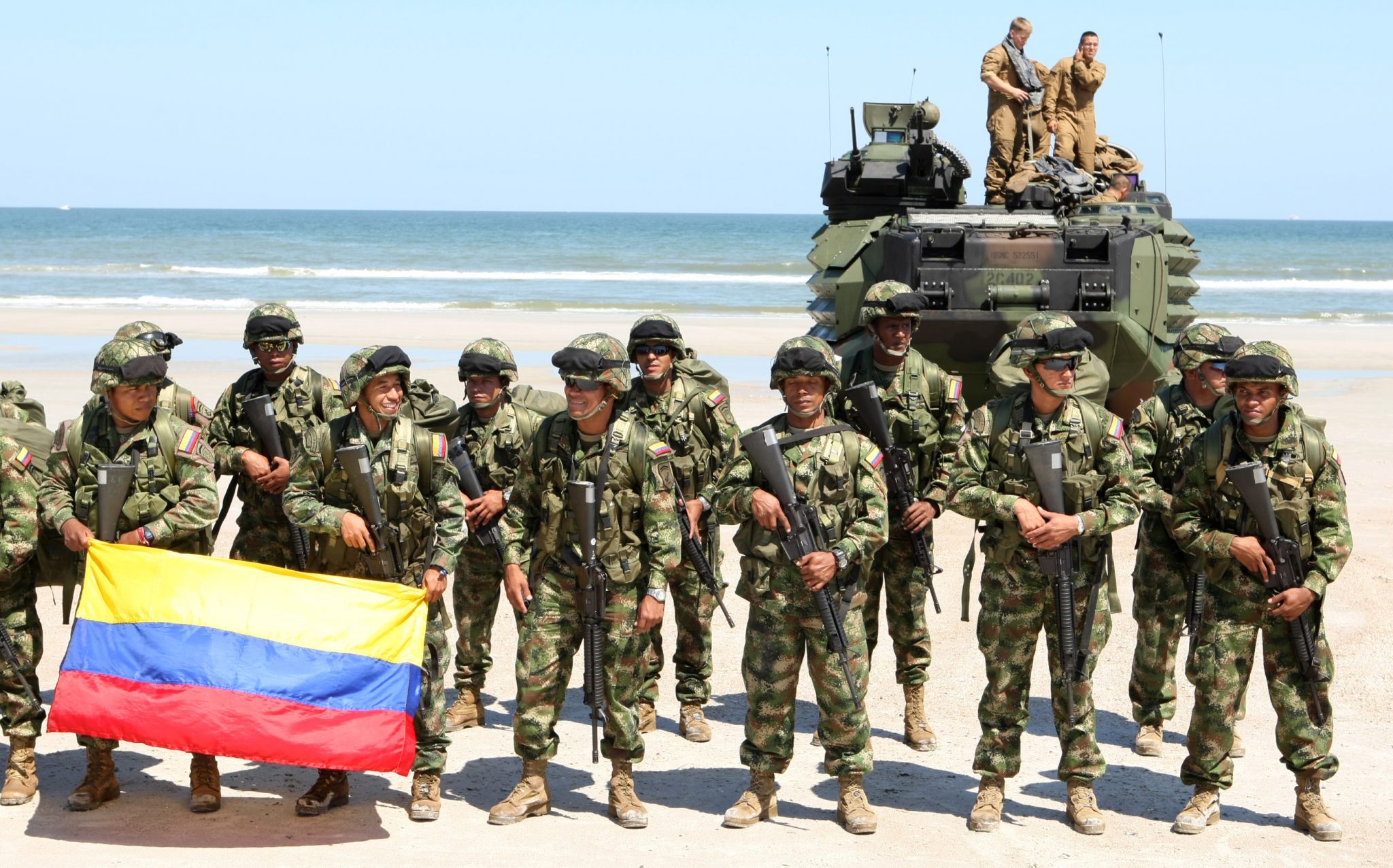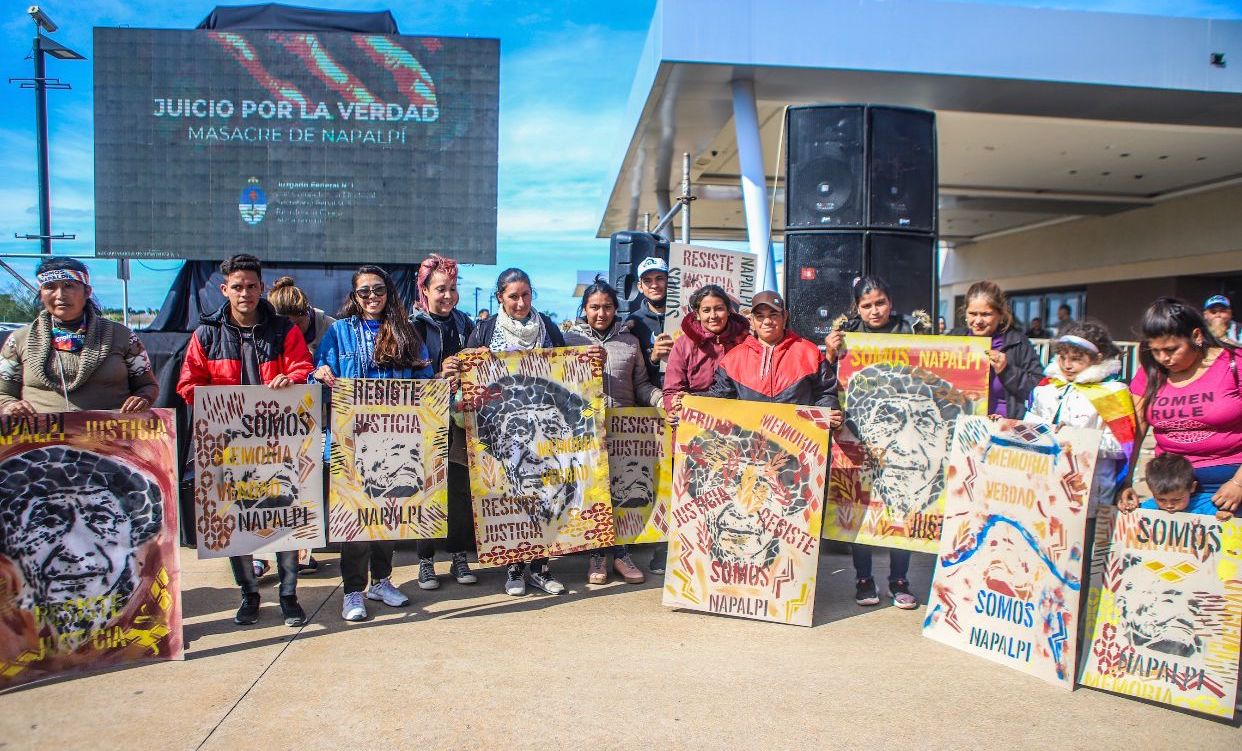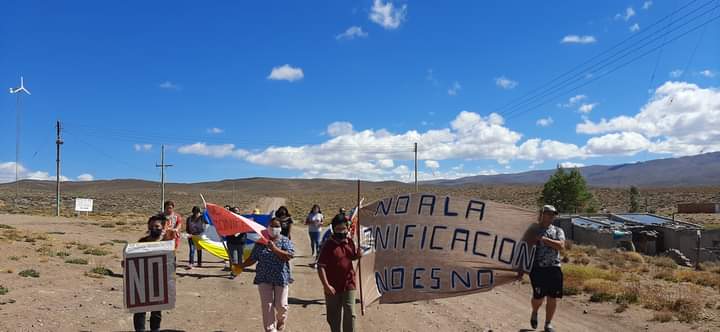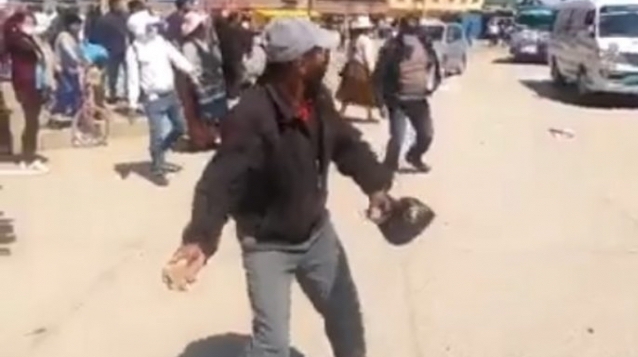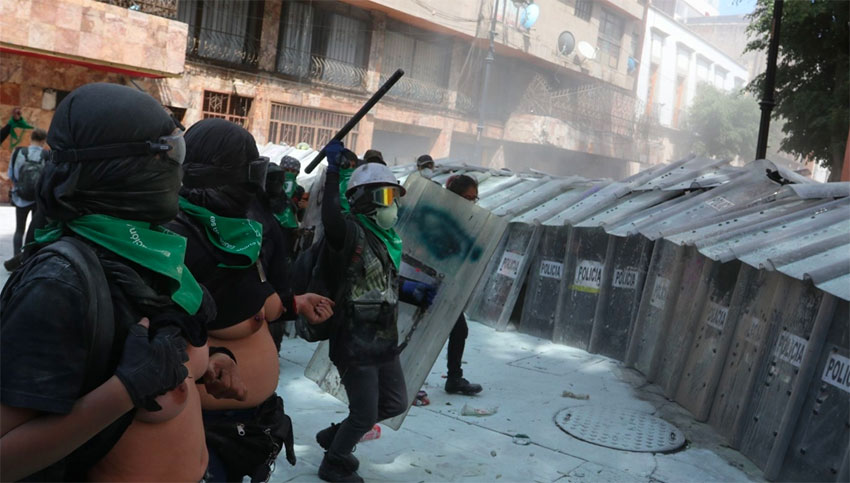
Hezbollah operative indicted in Buenos Aires bombing
The US District Court for the Southern District of New York unsealed an indictment filed against Hezbollah operative Samuel Salman El Reda for his alleged involvement in a bomb attack on a Jewish community center in Argentina three decades ago. The 20-page indictment concerns the 1994 bombing of the Asociación Mutual Israelita Argentina (AMIA) in Buenos Aires, which killed 85 people and caused hundreds of injuries. The US government claims El Reda collaborated with the Hezbollah-linked Islamic Jihad Organization (IJO) in the attack.



